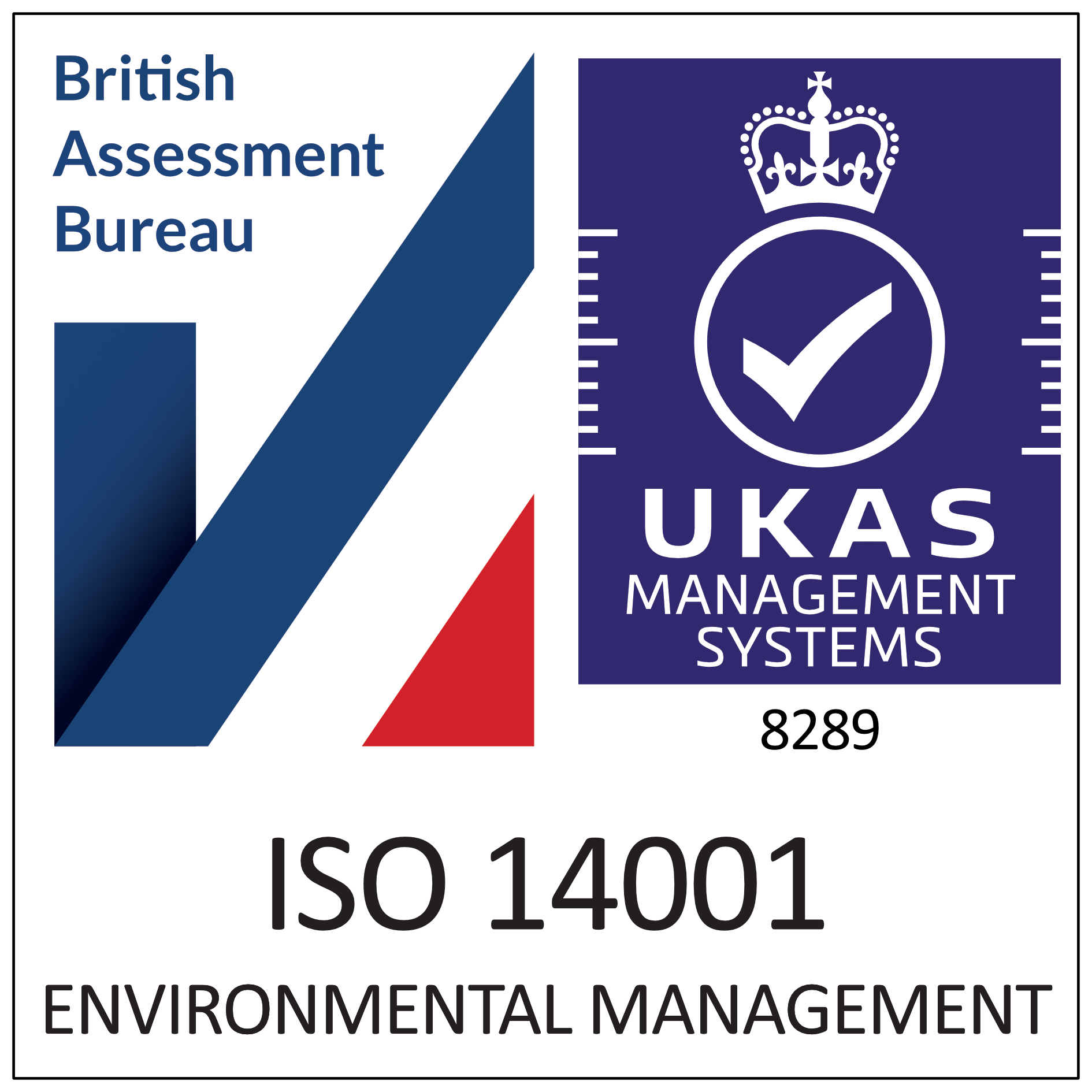








Course code: XMZT105P
Subject area: Apprentices
Study level: Apprenticeship
Course level: 3
Course time:
09:00 - 17:00
Days of week:
Various
Course date:
1st Aug 2023 - 31st Jul 2024
Course location:
Off Site• Support Technicians are desk based, resolving system user queries and faults in a helpdesk environment. The business would contact them to report a problem, which they would fix or escalate.
• Network Technicians are usually desk based but may visit clients to resolve issues. In a contact centre environment, they may use network management tools to collect and report on network load and performance statistics
Digital Communications Technicians are desk or field-based resolving faults and issues with communications systems. They would administer and provide specialist communications and IT equipment
Duration: 13 months practical training period, plus 3 months for End Point Assessment
Delivery model:
• Work-based training with your employer
• Day release during term time (approximately 36 days per year)
• Approximately four on-site assessment visits per year
• Level 2 Functional Skills in Maths and English (7 days at college for each, if required)
• Off the job training will count for at least 6 hours a week of an apprentice’s time at work
• Provide technical support to customers both internal and external through a range of communication channels
• Establish and diagnose ICT problems/faults using the required troubleshooting methodology and tools
• Interpret technical specifications relevant to the ICT task.
• Apply the appropriate security policies to ICT tasks in line with organisational requirements
• Undertake the relevant processes with the relevant tools and technologies to resolve ICT technical issues
• Communicate with all levels of stakeholders, talking them through steps to take to resolve issues or set up systems, keeping them informed of progress and managing escalation and expectations
• Apply appropriate testing methodologies to hardware or software or cabling assets
• Practice guided continuous self-learning to keep up to date with technological developments to enhance relevant skills and take responsibility for own professional development
• Document or escalate ICT tasks as appropriate to ensure a clear audit trail and progression of issues
Support Technician duties
• Install and configure relevant software and hardware as appropriate for example: mobile apps, printers, projectors, scanners, and cameras.
• Address IT issues by prioritising in response to customer service level agreements
• Administer security access requirements and permissions for stakeholders escalating as necessary for example password resets
• Support the roll out of upgrades or new systems or applications
Network Technician duties
• Complete cabling tasks for example coaxial, copper, fibre or remotely.
• Administer mobile devices on a network
• Deliver network tasks prioritising security with a view to mitigating and defending against security risks.
• Install and configure relevant software and physical or virtual hard
• Level 3 Information Communications Technician Apprenticeship
• Portfolio based interview
• Fault finding and rectification
• Operate safely and securely
• Communication
• Develop and maintain effective working relationships with stakeholders
• Manage and prioritise workload effectively
• Complete documentation
• Undertake software upgrades
• Diagnose the extent of the IT support task, - Provide support to customers
• Maintain a safe working environment
• Identify and scope solutions
• Test system performance
• Escalate non routine problems
• Use basic scripting like PowerShell or Linux
• Carry out routine maintenance across systems
• Apply necessary security
• Use a range of Cabling
• Test network environments
• Monitor performance of a network - Deploy applications on a network
• Set up storage and data access
• Carry out routine maintenance
• Monitor network-related workloads including DNS and firewalls
• Establish digital communication or telecoms systems
• Identify a range of tools and or diagnostic equipment
• Undertake basic telecoms activities
• Use information necessary to identify operational issues and rectify








